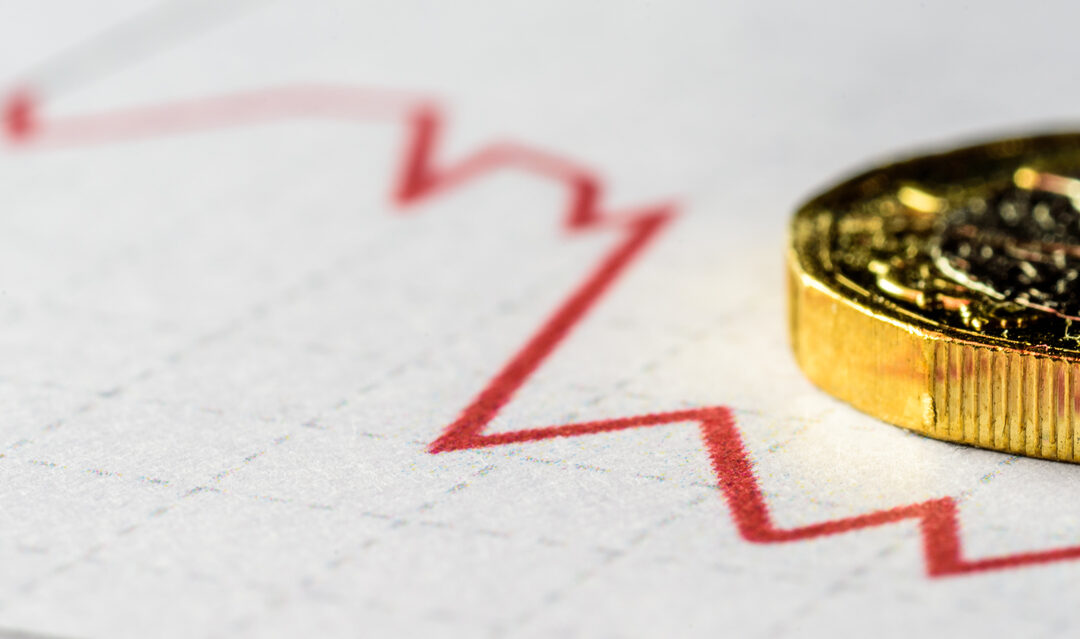The UK’s interest rate was raised 0.75 percentage points on November 3.
The Bank of England warned that Britain may be facing the longest recession since records began.
The Bank raised interest rates to 3% from 2.25%. The 0.75 percentage point increase marks the eighth rise since December 2021, when Bank rate was just 0.1%.
Get a quote from us today by completing our simple form. We’ll take a look at your requirements and arrange to speak to you at a suitable time to offer the best possible solution for all of your upcoming currency transfers.
Why has sterling weakened?
Typically, when interest rates are hiked, this causes the pound to strengthen. This is because if there are signs that the UK economy is expanding (such as interest rate rises), then pounds become more desirable, leading investors to demand more. When the investors buy more pounds, the value of sterling goes up.
However, in this case, the opposite has occurred. Instead of focusing on the interest rate hike itself, which has largely been ‘priced-in’ to the market anyway (as it was expected to happen), investors have focussed on the general feeling from Bank of England officials.
One policymaker voted against an interest rate hike. This has happened at an early stage of the Bank of England’s ‘tightening cycle’ – a cycle that is designed to fight high inflation and generally support the economy in the wake of the pandemic.
Investors have treated this as a ‘dovish’ signal and are worried that other officials could begin to share a similar view in the coming months. For investors who had previously expected five more rate hikes this year, this vote may change their view. The pound is not as ‘desirable’ as it was when several more rate hikes were expected, and so it has weakened.
What could impact the pound going forward?
As well as interest rates going up or down, the pound can also be impacted by the rhetoric surrounding interest rates, economic data and expectations about the direction of interest rates, as well as a host of other factors.
Whether further rate hikes occur or not this year depend on a number of factors. As Andrew Bailey has said previously, further interest rate rises depend largely on how the UK economy performs.
Things like energy prices, wages and spending will be taken into consideration – factors such as these depend on many unknowns, especially in the current geopolitical situation. It is, therefore, difficult to say for sure how the Bank of England will manage interest rates for the rest of this year and nearly impossible to predict how the pound will fare as a result.
The next decision will come on December 15 from the Bank’s Monetary Policy Committee.
This uncertainly is why we advocate a risk management approach to currency. To receive regular currency reports and rate alerts from our currency experts, sign up here.





















